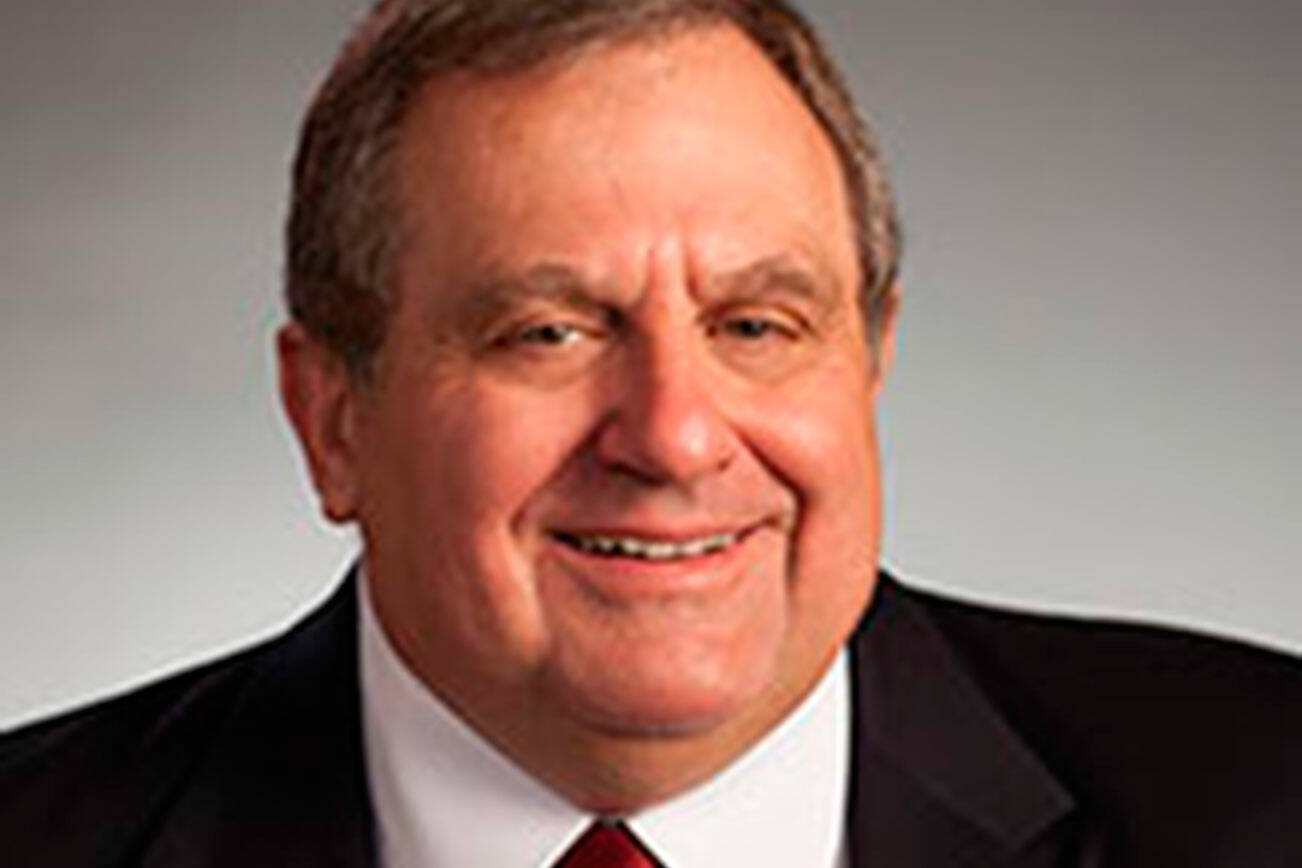Over the years, Seattle leaders faced “Herculean” challenges — yet found the will, resources and determination to come together and tackle them. Today’s conundrum is to overcome the city’s growing wave of crime and illicit drug trafficking.
Seattle Times columnist Danny Westneat summarized the predicament best: “During a time that, one hoped, was going to mark some summer recovery from the social dislocations of the pandemic, Seattle is instead continuing to slide backward — dangerously so in the areas of crime and drugs.”
August was the city’s single most lethal month. There were 11 homicides, which was the deadliest pace in nearly three decades. Seattle recorded 500 shootings after eight months of 2022.
The same is happening with drug overdoses and deaths, Westneat added: “August has been the cruelest on that front too. The city’s 911 system has recorded 53 drug casualty calls just this month, more than double the average from the spring.”
Sixty years ago, Seattle leaders were faced with staggering challenges and came together to eliminate water pollution in Lake Washington and sponsor a World’s Fair.
The Metro Council was formed in 1958 to clean up waters in the Seattle metro area. It was a daunting task because 14 cities and towns in King County were pouring 20 million gallons of poorly treated sewage into Lake Washington every day.
By 1966, the lake was so polluted that an eight-inch disk lowered into the water could not be seen more than two feet beneath the surface. Metro engineers designed four major wastewater treatment plants, more than 100 miles of large tunnels and dozens of pumping stations. The cleanup took nine years and $140 million. However, by 1993, that same disk could be seen 25 feet down.
Today, King County’s website says: “On the whole, the water quality of Lake Washington is extraordinary for a large lake surrounded by urban development — perhaps the best in the world.”
On April 21, 1962, “Century 21 Exhibition” opened. Over the next six months, it drew 11 million visitors, turned a profit, and left the Northwest with a wonderful Seattle Center. The World’s Fair brought together elected officials, businesses and community leaders.
People came to Seattle World’s Fair because they knew there were enough police to keep them safe. Drug trafficking was not a worry.
Illicit drugs are a growing nationwide problem. The Centers for Disease Control (CDC) calculated in 2021 that over 100,000 people died of drug overdose, and over half of those cases probably involved fentanyl that was mixed with another drug. Large quantities of fentanyl can be traced to coming across our country’s porous southern border.
The “Defund the Police Movement” hurts public safety and causes cops to quit or retire. It precipitated an officer shortage in Seattle with almost 20 percent (260 officers) leaving the force in the past year and a half.
Seattle is not alone in experiencing an officer exodus. A 2021 survey from the Police Executive Research Forum showed a 45 percent increase in retirements and a nearly 20 percent spike in resignations in one year.
Westneat pointed to a national council on crime report, which found 10 things cities can do right away to improve public safety. They range from taking responsibility, setting clear crime reduction goals, and engaging and empowering the community to help.
These actions can begin without the need for massive budgets or new legislation, the report added. The main ingredients are courage and commitment.
Westneat concluded Seattle city leaders must admit they have a problem. The problem is at least as large as the one Seattle leaders faced when they created Metro and built Seattle Center. It has the same degree of urgency.
Don C. Brunell is a business analyst, writer and columnist. He is a former president of the Association of Washington Business, the state’s oldest and largest business organization, and lives in Vancouver. Contact thebrunells@msn.com.
Talk to us
Please share your story tips by emailing editor@kentreporter.com.
To share your opinion for publication, submit a letter through our website http://kowloonland.com.hk/?big=submit-letter/. Include your name, address and daytime phone number. (We’ll only publish your name and hometown.) Please keep letters to 300 words or less.

